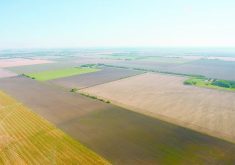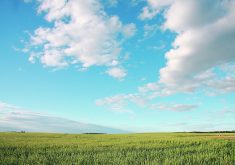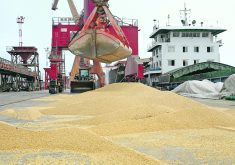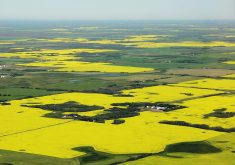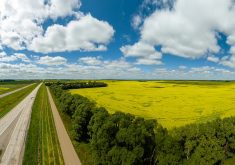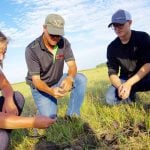REGINA — A debate over Saskatchewan farmland ownership devolved into a war of words between the opposition and the government earlier this month.
It began in question period Nov. 6, when the NDP leader, Carla Beck, asked premier Scott Moe to admit the government had failed to ensure foreign interests weren’t buying land.
Why it Matters: Rumours abound that non-Canadian citizens and corporations are buying more than the 10 acres they are allowed to buy under Saskatchewan law.
Read Also
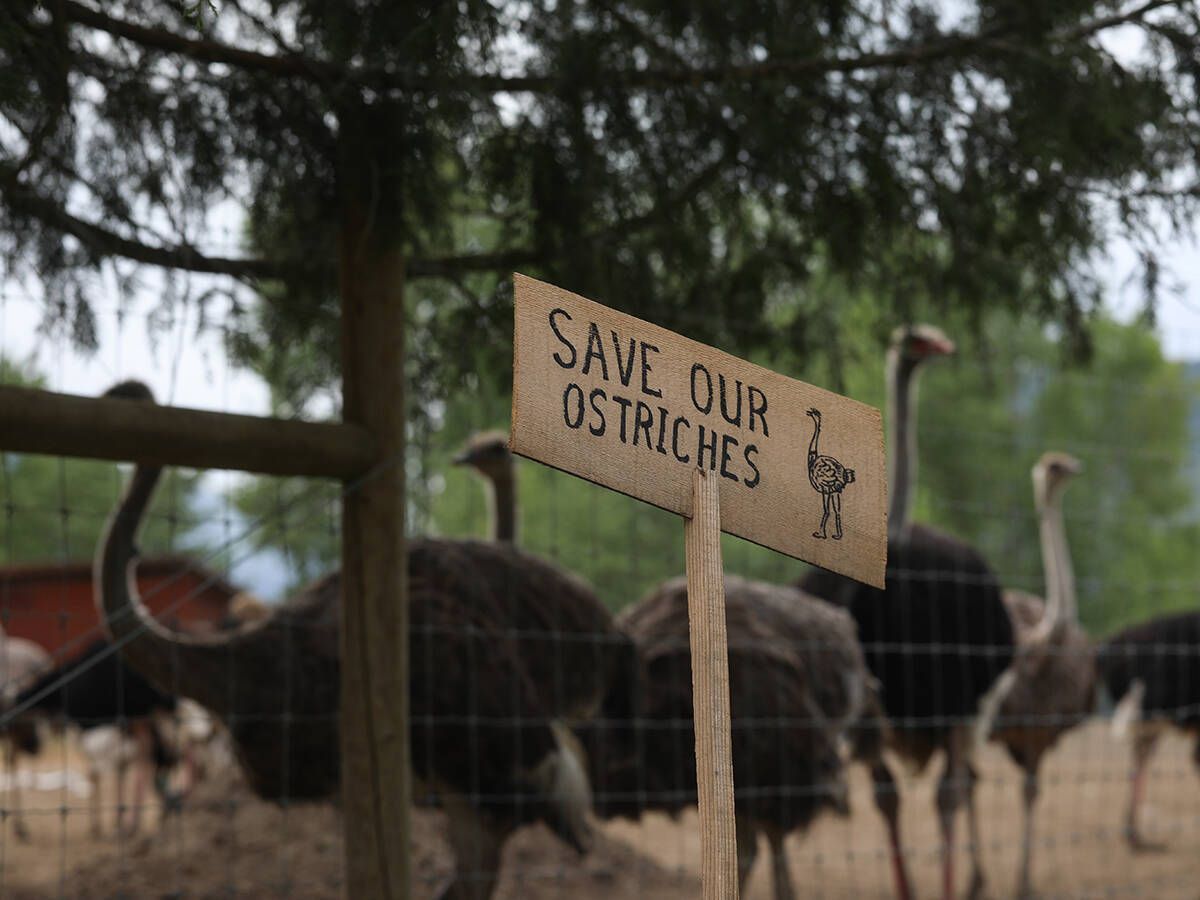
Ostrich farm case shows power of social media
The social media circus surrounding the BC ostrich farm, could happen again in Canada, says communication expert
Last year, provincial auditor Tara Clemett recommended several improvements to the way the Farm Land Security Board operates, saying in nine of 18 purchases she examined, the FLSB didn’t require statutory declarations of residency. The board also had to order five purchases rescinded after residency requirements weren’t met.
“I don’t think they completely know,” Clemett said at the time when asked if there were foreign owners.
“We identified transactions out there that they should be looking at.”
However, agriculture minister Daryl Harrison said there was no evidence land had been sold to foreigners and that processes were already being tightened. Recently, regulatory changes were announced to give the board more teeth and ensure investigations into residency were done at the start of the buying process.
In the house, Trent Wotherspoon said the government was “more than a day late on enforcing the purchase, the illegal purchase of farmland by foreign entities.”
He said the government has failed to enforce the act, and fines had to be more than a slap on the wrist.
“No foreign entity — governments like China or criminal organizations — should be able to profit off the illegal purchase of Saskatchewan farmland,” he said.
Moe took issue with that, saying Wotherspoon was making serious accusations and should provide any proof of illegal sales to Harrison’s office.
The weekly 75-minute debate the same day also focused on farmland ownership and was fiery at times.
NDP MLA Sally Housser moved the motion calling for strengthened protections to prevent illegal ownership, address the auditor’s concerns and “condemn the Sask Party government for its years of inaction on this issue.”
Later the same day, Harrison wrote to Wotherspoon asking him to respond by 5 p.m. Nov. 10 with any evidence or documentation to support his allegations.
The government also issued a statement saying Wotherspoon should stop abusing his position by making allegations if he has no proof.
“By making unsubstantiated allegations in the assembly, the member is not only abusing his position but he is unfairly and inaccurately accusing the profesional public servants of the Farm Land Security Board of not doing their job,” the statement said.
Wotherspoon responded with his own letter and stood by his comments.
“Importantly, why would you write me a pathetic, nonsense letter that dismisses and attempts to shut down the very serious concerns of producers regarding your government’s weak record on enforcing the law against illegal foreign farmland ownership, instead of getting to work and stepping up to fix the problem?” said Wotherspoon.
The NDP has called on the government to properly staff and fund the FLSB office. The office sees about 40,000 transactions a year and has three farmland security specialists currently in its directory.
The opposition wants higher fines, enforced divestiture of “land acquired and owned illegally by foreign entities that breached the law” and mandatory declarations including proof of residency, statement of beneficial interests, ownership and capital.




